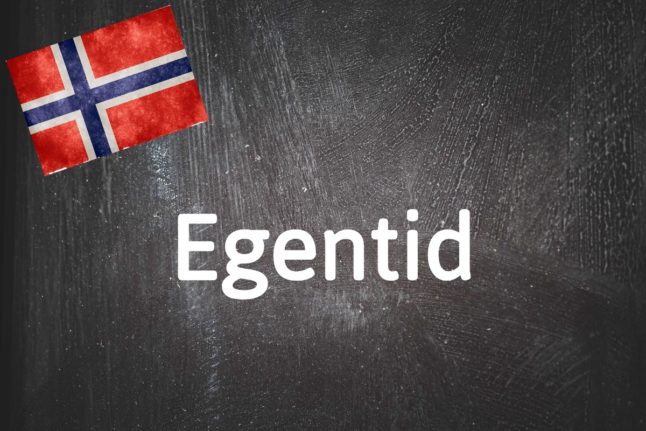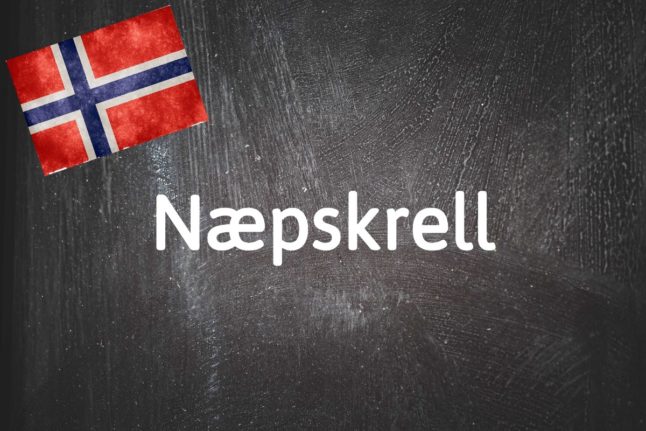What does Egentid mean?
Egen means own, and tid means time. Put together, it means one’s own time. However, it’s not used in the same way a scolding teacher would when telling a pupil to save the japes for their “own time”.
Instead, the true meaning of the word would be “me time”. The “me time” in question doesn’t simply refer to time alone.
The term refers to refers to time spent on yourself to meet your own needs. For some, egentid will mean some time alone to relax, or it might mean getting out into nature to switch off from the distractions of everyday life.
Egentid can also mean time spent on hobbies that one enjoys, such as painting or reading.
There is a particular form of egentid that especially applies to shift workers. One would take egentid after finishing a night shift rather than going straight to bed in an effort to try and recapture some freedom and time for oneself before the next shift.
A word similar to egentid is selvosmorg, which means self-care.
Use it like this
Jeg gleder meg til litt egentid i kveld.
I look forward to some alone time tonight.
Etter en travel uke på jobb blir det godt med litt egentid.
After a busy week at work, it will be good with some alone time.



 Please whitelist us to continue reading.
Please whitelist us to continue reading.
Member comments